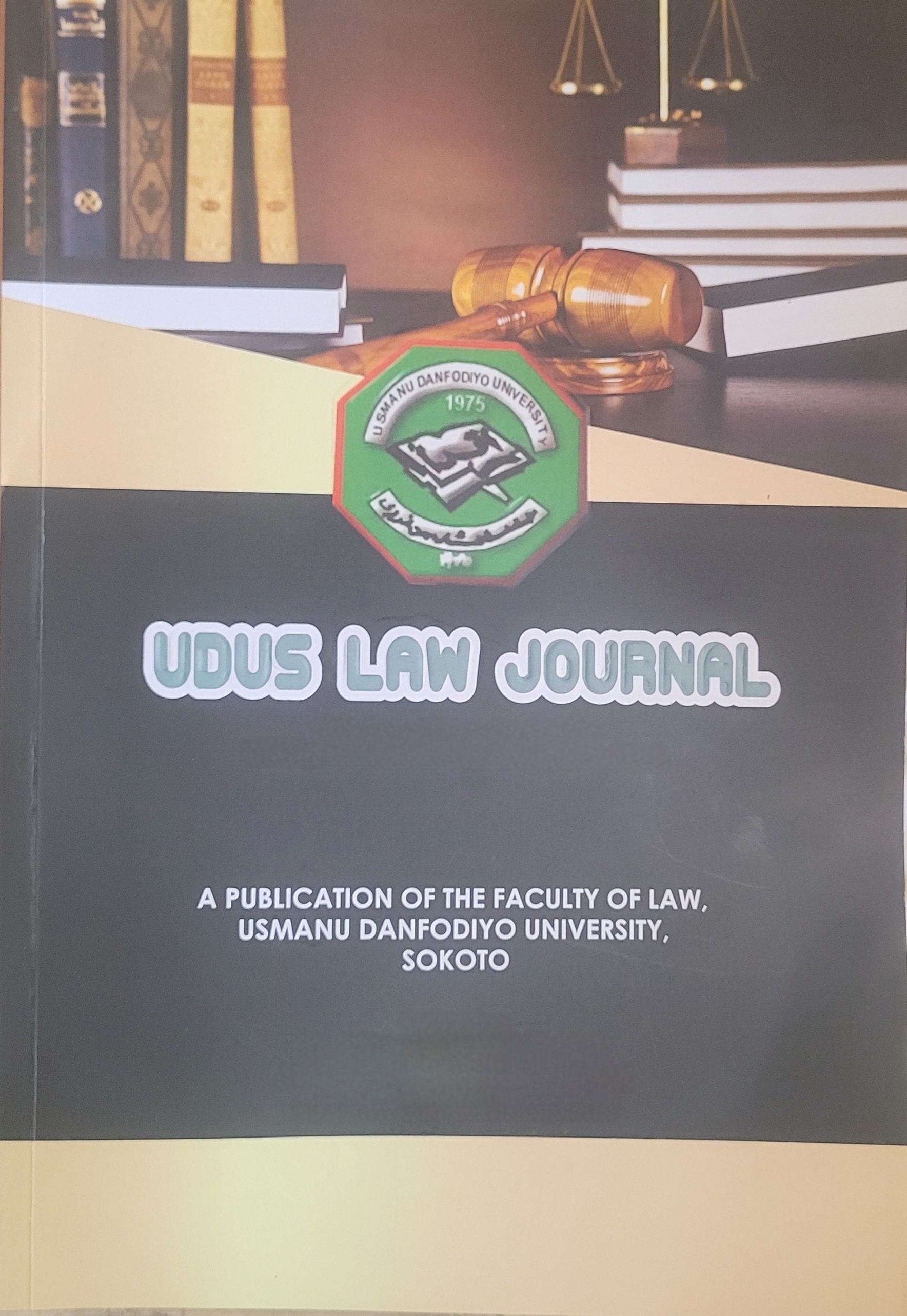Abstract
The modern system of healthcare delivery to the people in remote and rural areas is known as Telemedicine. In Nigeria, the legal framework of Telemedicine is under Article 22 of the Code of Medical Ethics in Nigeria. The application and usage of information communication technology (ICT) has brought a prospective strength to the development of all human disciplines in the country. Healthcare delivery is no exception. Meanwhile, as the country is facing an acute shortage of health workers and medical facilities, the very few ones that are available are distributed in concentrated urban areas to the detriment of remote and rural dwellers where many Nigerians reside. The aftermath of it is that they find it difficult to access and enjoy quality healthcare system. Telemedicine, as a mechanism of delivering health services to remote localities has the potential of improving Nigeria’s health care services through the currently available Global System for Mobile Telecommunications (GSM). The paper adopted a doctrinal methodology where relevant materials relating to the topic were used. The major finding is that there are prospects for Telemedicine in Nigeria if the government truly addresses the enormous challenges militating against its effectiveness. The paper recommended the provision of modern medical equipment to the hospitals and training of medical personnel in modern equipment



 National Library of Nigeria
National Library of Nigeria.jpg) Association of Nigerian Authors
Association of Nigerian Authors Nigerian Library Association
Nigerian Library Association EagleScan
EagleScan Crossref
Crossref